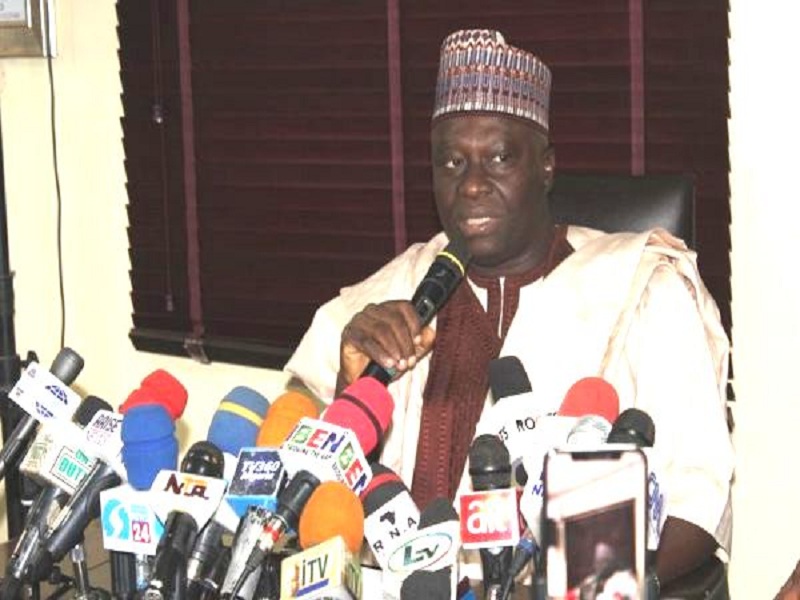The Nigeria Broadcasting Commission (NBC) has said that the decision to amend the Nigerian Broadcasting Code (6th edition) was taken in the interest of the Nigerian broadcasting industry and to make it more responsive to emerging realities in the broadcasting industry, according to a report in the Vanguard.
Acting Director-General of the NBC, Prof. Armstrong Idachaba, who disclosed this at a press briefing in Abuja on Monday, said that some of the objectives of the amendments were to protect and promote the local broadcast industry from monopolistic and anti/ competitive behaviour as well as the stimulation of advertising revenue into the broadcast and local creative industry.
These objectives Idachaba said, remain key and central to the development of broadcasting in Nigeria and the reform of the Broadcasting industry but acknowledged the mixed reactions to the release of the amendment.
While stating that the Commission would take these into consideration for the growth and development of the broadcast industry in the country, the NBC Acting DG who decried the challenges confronting local broadcasters in the country, vowed to protect their interest through the implementation of the new code.
‘‘Only recently on the 27th of March, 2020, I announced the release of some amendments into the Nigeria Broadcasting Code (6th Edition). As stated then, parts of the objectives of the amendments are the protection and promotion of the local broadcast industry from monopolistic and anti/ competitive behaviour; the stimulation of advertising revenue into the Broadcast industry and by extension the local creative industry.
‘‘These objectives remain key and central to the development of broadcasting in Nigeria and the reform of the Broadcasting industry. And we must commend those who have intellectualized and enriched the discourse with incisive and decent arguments both for and against.
‘‘The Commission wishes to reiterate the fact that the objectives of the amendments are in our National Best interest. We currently have a highly rated and hugely talented creative industry in Nigeria but the facts remain that content producers are unable to harness the benefits of their creative endowment due largely to monopolistic restrictions and anti-competitive behaviour.
‘‘There is no doubt that the Nigeria Broadcasting industry is facing a series of challenges. These include the inability for the broadcasters to generate required funds from advertising and programming. Local Producers of content are no longer able to create contents for Television.
“This has led to an influx of foreign production companies some of them unregistered and unlicensed by the Nigerian Government. These companies have taken over the local content production space and by extension the advertising and broadcasting space, relegating the local entrepreneurs to oblivion. The Commission believes in DFI in the Broadcasting industry but this must be done with the noble philosophy to promote our own national dreams and vision.’’
Idachaba argued that the amendments to the Code does not in any way prevent investments, but simply says carry the Nigerian broadcaster along, and insisted that if properly executed, these provisions will make rapid benefits for those who invest in Nigeria and the benefit of Nigerian media entrepreneurs and audiences.
‘‘We know of a truth that Broadcasting is dynamic, so are the challenges to the regulation. The Commission has noted all the concerns and observations, especially on 9.0.1 and 6.2.8.
“Section 6.2.8 clearly points that, “Exclusivity shall not be allowed for sporting rights in the Nigerian territory and in furtherance thereof, no broadcaster or licensee shall license or acquire foreign sporting rights in such a manner as to exclude persons, broadcasters or licensees in Nigeria from sub-licensing the same.”
‘‘Similarly, on 9.0.1, the point is that -a Broadcaster or licensee shall immediately after the coming into force of this Amendment be prohibited from effecting informal agreements, written and oral agreements, explicit or implicit understandings or implementing concerted practices either exclusively or between market players that have as their object, intent, effect or purpose the restriction of competition, abuse of a dominant position or of substantial market power or create barriers to entry in the broadcast media industry in Nigeria,’’ he added.

